Are you thinking of starting your own business? According to a recent report from BNP Paribas Global Entrepreneur, millennials are starting businesses earlier than their baby boomer counterparts! But at any age, being a new entrepreneur means your time is a scarce commodity. So here are 3 things to keep in mind as you branch out on your own.
3 Things to remember when starting your own corporation
1. A corporation is a separate legal entity.
If you have incorporated your business – keep in mind that a corporation is a separate legal entity. This means that even if you are the sole shareholder/director of your corporation, profits are not simply yours to take. Accordingly, to take money out of the company requires adhering to the accepted methods of withdrawing funds: either withdraw them as dividends or as salary. And the implications of paying yourself a salary or dividend will have very different tax implications – both to your corporation and yourself personally.
• Dividends are paid out of the company’s after-tax profits whereas salary is considered an expense of the corporation and is deductible in determining your corporations taxes
• Generally speaking it is worth doing the math to determine the optimal salary/dividend mix to pay yourself in order to optimize your personal and corporate taxes, take advantage of future CPP benefits as well as optimize your available RRSP room.
2. Small businesses are taxed at favourable rates within Canada!
In Canada, small business corporations are taxed at favourable tax rates. For example, small businesses with taxable income below the small business threshold ($500,000 in most provinces) are taxed between 10.5% – 18.5% for both federal and provincial tax purposes. And there are other benefits provided your company is a qualified small business (‘QSB’) corporation. Any gain on the sale of your QSB shares will qualify for the lifetime capital gains exemption, which is currently worth $848,252 in 2018. This is an important benefit, as it could significantly reduce the tax that would otherwise be triggered on any sale or deemed disposition. It also opens up the possibility of some interesting tax and estate planning. It is well worth working with your accountant to ensure you are maintaining your status as a QSB.
3. Beware of withdrawing funds from the corporation by way of a shareholder loan.
Over the course of the year it is common for regular withdrawals and contributions to flow through a “shareholder’s loan” account. But problems may arise if you owe your company money at the end of its fiscal year. There are specific Canadian tax rules that, if triggered, treat the amount withdrawn as a ‘loan from your company’ and as an ‘income inclusion’ when computing your personal taxes. The rules are punitive as you will be paying double the tax. The simplest way around this is to either declare a dividend or repay the loan. However when selecting the latter you must be mindful that the repayment is not seen as a series of loans and repayments or it may still be seen as running afoul of the rules.
Having your own business can be even more rewarding if you take advantage of some basic tax planning! By working closely with your financial advisors you will have time to focus on what you do best, driving the success of your business and keeping your customers happy!
Related Articles
Accounting Services, Kerr Family Office, Kerr Fundamentals, Kerr Integrated, Personal Financial Planning
Accounting Services, Investment Management, Personal Financial Planning, Personal Tax Services





